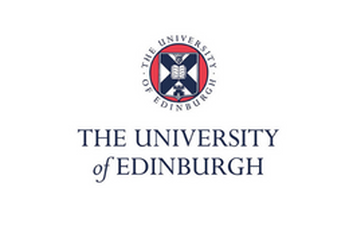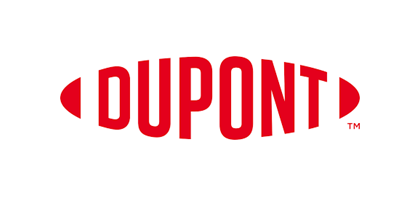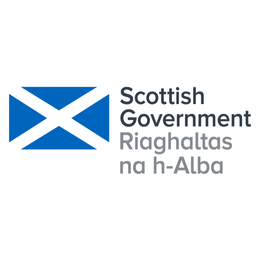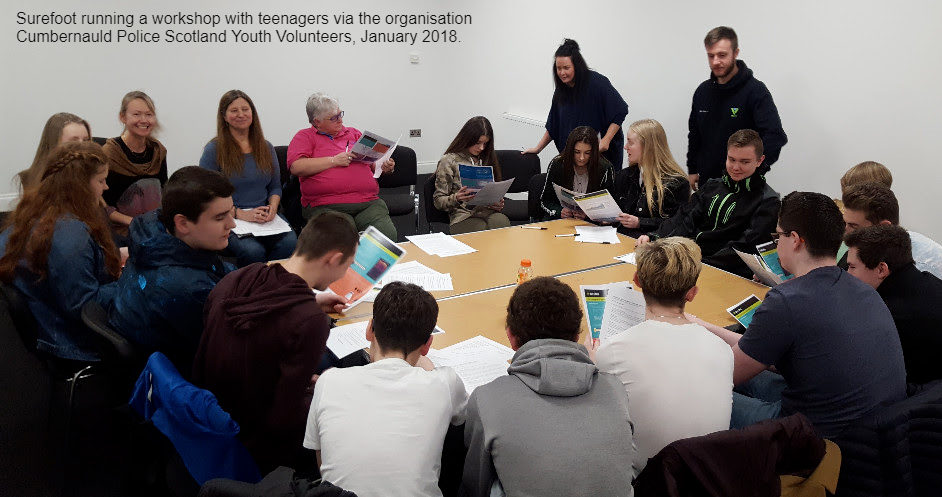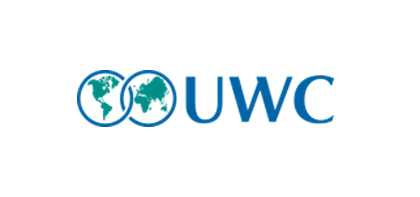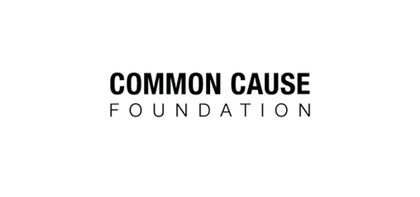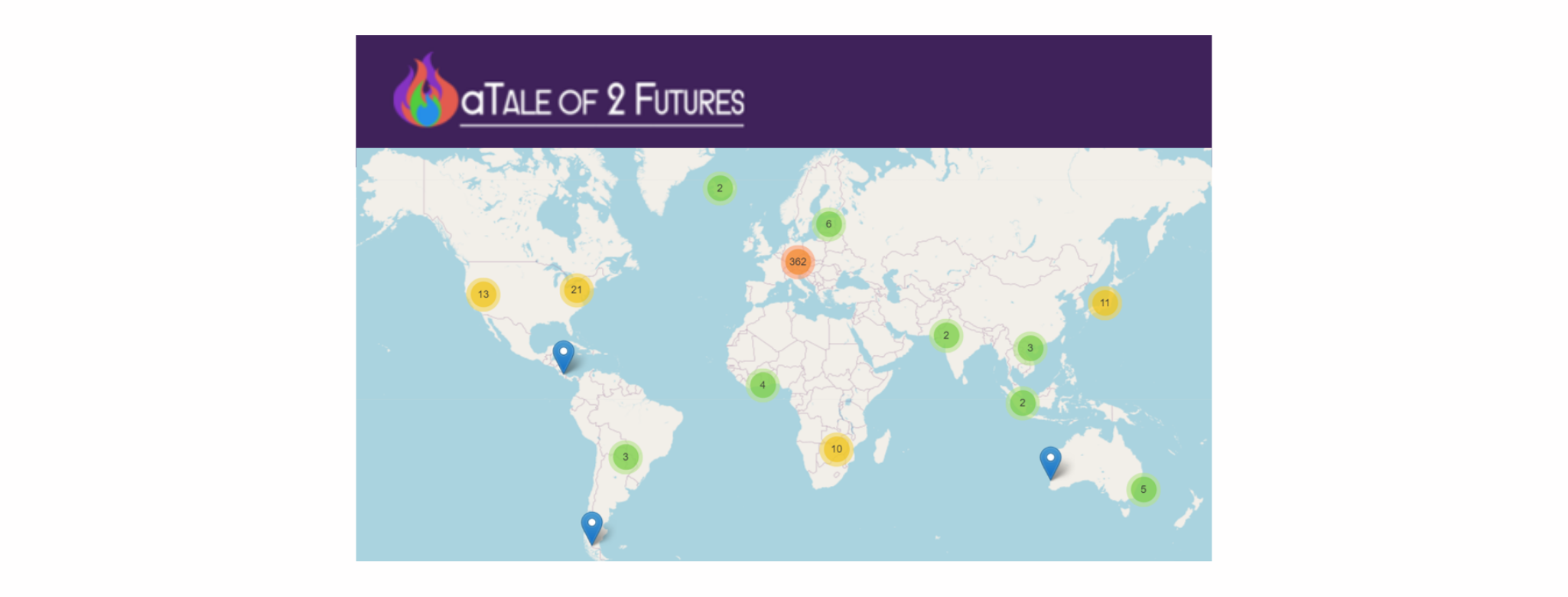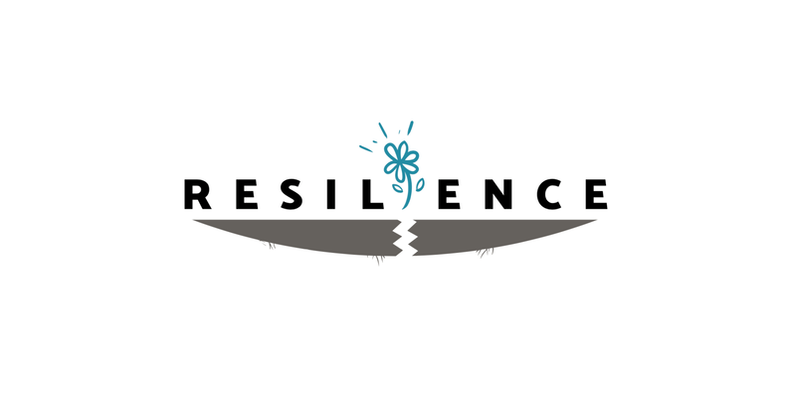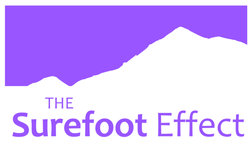Surefoot was engaged by The Scottish Government to facilitate the series of Carbon Conversations workshops with 2 groups of 8 people in the Edinburgh and Glasgow government offices comprised of a people across a number of departments. Participants also took part in an online evaluation.
Over 6 sessions of 2 hours each, the participants were guided through topics related to climate change and on how to make positive shifts in attitudes and actions within the workplace. The Carbon Conversations offer a non-judgemental space to explore climate change and what it means for attendees both at home and at work, to work through why we can't always realise our intentions, and to create an action plan. This includes focus on: • Gaining a comprehensive grounding in all areas of a 'carbon footprint' • Understanding wider context of climate change and sustainability • Understanding why behaviour change can be difficult and ways to tackle barriers • Reducing your own carbon footprint • Create recommendations and/or an action plan to implement in the workplace. To learn more about our Carbon Conversations methods, please visit Carbon Conversations in the Community and Carbon Conversations for Businesses and Larger Organisations. As our report Carbon Conversations Programme, 2013-2014, Evaluation and Recommendations states, all participants recognised the benefits of taking part even with high levels of pre-existing knowledge about climate change. The handbook, given out to participants, was a source of knowledge for them: “Although I am keenly interested in this area, I learnt a lot of new material in an accessible way. I like the holistic approach, not least which includes the psychological aspects.” “Great introductions and exhaustive list of literature. I also found the case studies very useful as well as interesting to read.” Some participants highlighted facilitated group work as a positive way of dealing with the topics: “Very useful and reassuring to discuss with others and find out that everyone faces similar issues and personal dilemmas.” “The group facilitators were very enthusiastic but at the same time realistic. The atmosphere in the group was good.” We are pleased that the Carbon Conversations moved both the participants’ attitude as well as their actions. As this extract from our conclusion shows: “Throughout the attitudinal survey we can see some significant changes to both how participants were feeling about the various topics and issues raised in the programme, as well as actions they are now taking. "For example, there was a 35% movement towards participants being in full agreement with the statement ‘It is better to avoid using products that have a harmful effect on the environment’ and 35% more participants giving the statement ‘I generally buy used or ethical/sustainable products and try to recycle or reuse old products’ a score of eight or more, where 1 = totally disagree and 10 = totally agree. "Other significant movements occurred within the Energy, Travel and Food sections as well. Within Ethics and Responsibility where before the programme only 33% of participants totally agreed with the statement ‘We are all responsible for tackling the impacts of global climate change’, 85% totally agreed with this statement after the programme.” Read more about outcomes and feedback in the document: Carbon Conversations Programme, 2013-2014, Evaluation and Recommendations
The Project
After leading activities for a student-focused energy-saving campaign at the University of Edinburgh, Pamela Candea and Euri Bartolome-Vidal from Surefoot and three other colleagues prepared a 5- week energy-saving project based on the method "face-to-face engagement" for one high-energy consuming building on campus. The volunteers, with support from our team, managed to offset the costs of the pilot in just 8 weeks, saving £1,480 of the £1,250 worth of investment and 9.2 tons of carbon dioxide (TCO2) for the same period. This would translate into annual saving of £8,880 and 55.2 TCO2. The success of the pilot led to a roll-out of the project to 20 more buildings for one year, saving a total of £80,000. It eventually led to the set-up of the Sustainability and Social Responsibility Department of the University of Edinburgh, currently managing a budget of £3M. The two main aspects that made this project successful were:
We gave them the opportunity to come up with ideas by asking them to help us. We also offered to help staff speak with the different stakeholders or communicate the changes widely within the department to reach out to more people. Staff wanted to take part in the projects because they wanted to help - so asking for help was essential. They also led activities because they found it interesting - it was a way for them to learn by doing research. It was also a way for them to improve their working environment. This is work that can take place in different work environments, government buildings, companies, both large and small and any venues where there is a potential to save energy and its associated savings on bills and carbon emissions. Carbon Conversations at an enterprise
The eight participants came from three different sites of DuPont Nutrition & Biosciences. Pam Candea and Tony Herrmann from Surefoot conducted two days of facilitator training preceded by a one day session where the group were participants in an abridged version of the 6 Carbon Conversations sessions at DuPont’s office in Copenhagen. One year after the final training, Surefoot interviewed those available from the group of trained facilitators to determine the impact Carbon Conversations has had on the organisation. It was pointed out by the facilitators that it was valuable and rewarding to engage colleagues in Carbon Conversations as well as it required dedicated, persistent efforts to run the first set of workshops. This full report focuses on the practical set-up of Carbon Conversations and the outcome for DuPont based on the interviews. The set-up within the company The facilitators recruited colleagues, prepared for each session, conducted and evaluated the completed series of workshops with input from the participants. At Brabrand (one of the three sites) three facilitators worked together to deliver the Carbon Conversations workshop sessions for eight participants. The sessions were conducted during work hours at the company. In between the sessions, the facilitators met to organise the work-sharing and gather additional material for DuPont and Danish contexts. The group at another site, Grindsted, went through the planned six sessions, with 4 - 8 people at each session with two facilitators present. In February 2020, the facilitators at Brabrand started a second group with 10 new participants. Outcomes at DuPont Carbon Conversations is viewed as one element of several environmentally friendly activities, and has sped up processes in certain areas. The setup of Carbon Conversations workshops, and for the company this unusual way of running meetings and handling topics, has brought in new ways of viewing climate challenges. The sessions have illuminated the complexity of climate change challenges, and that there is not always one answer, one action, to solve the challenges. In answer to what was the best part of being a facilitator, some of the answers were: “To use my personal passion with others” “It gives me more energy, even it has been hard work” “It’s incredible rewarding to bring new thoughts to people” “The response has so far been solely positive” “I feel we are creating a movement.” After running the planned six sessions, the facilitators at one site created a seventh session to make an idea catalogue of possible solutions derived from the participants’ ideas. A sustainability group has been formed since starting the Carbon Conversations. This group works with initiatives like solar panels on the site, use of ceramic cups instead of disposable cups, and letting the grass grow in certain areas to enhance the biodiversity. Using Carbon Conversation as tool in harmony with the company’s set of values and the actions it takes can be a driving force and positive experience for members of staff: “I am glad that the company is now taking it into the whole organisation. It is based on the support of the three sponsors, three leading units in the company. In the big ‘helicopter view’ many companies have a noble set of values. To me, it is important that the set of values is being converted in reality. I am proud of being a part of DuPont which is taking action.” Indirectly, Carbon Conversations are also affecting employees who have not been participating at any of the sessions: Suggestions on environmentally friendly activities from people in DuPont who haven’t even been participating in the workshop.” Employees have heard about the workshops via colleagues, intranet, and morning meetings where the facilitators have been presented.
The first part of the project was the creation of an interactive online platform where participants can learn about different topics related to a deterioration of the global environments. Welcome to the free e-learning platform here and scroll down for access.
The second part aimed at illustrating the main themes covered in the platform with the aid of graphic novel. You’ll find the graphic novel The story of Eli. The projects are co-funded by the Erasmus+ Programme of the European Union.
Climate Conversations with the public Feedback on the 2 projects revealed that a series of Climate Conversations is an effective way to better understanding views on climate change and also a useful method to encouraging interest, awareness and action. Climate Conversations is a workshop-based approach, comprised of a 1.5-hour session that introduces people gently to climate change and how to best respond. Tackling climate change requires a shift in attitude and lifestyle at individual and collective levels. Read more about the concept and our methods for Climate Conversations A brief introduction and link to each sums up essential elements of each project: Climate Change - Public Conversations Series 2017-2018 To encourage discussions about how to reduce the emissions that cause climate change, and prepare for a changing climate, The Scottish Government initiated a series of “Climate Conversations.” Our report shows the findings from a series of Climate Conversations which Surefoot undertook with the Scottish public during 2017 and 2018, to ‘take the temperature’ of public views on climate change and on potential actions to tackle it. Ten conversations were held with non-environmentally focused voluntary and community groups across Scotland. The groups included a local community growing group, a community council, a group of mountain climbers and group of young people engaging with a local authority. The conversations were held in cities, towns and with an island community. The conversations included discussion of 9 low carbon scenarios of what life might look like in Scotland in the year 2030. The scenarios covered Transport, Energy, Food and Purchasing. A few extracts from the report: The information presented on climate change activity was for many participants familiar and was believed to be fairly well known. The information on climate change activity revealed however that there is a level of uncertainty about the role of natural cycles in climate change; this is a new finding. With respect to impacts, flooding and higher rainfall are the most widely stated manifestations of climate change in Scotland. Many participants were unable to suggest how climate change might affect the landscapes beyond the direct impacts of flooding and higher rainfall. When it comes to tackling climate change, there is some concern that some of the scenarios put too much responsibility on individuals, requiring too much time and commitment, and a feeling that businesses and government should do more to make acting on climate change easier and attractive for individuals. Most participants said in their feedback that they might take action as a result of the taking part in the Climate Conversation. Notably one respondent spoke about climate change to over 100 people. They spoke at a conference, and was inspired by their participation in the Climate Conversations to incorporate climate change into their presentation. This suggests there may be potential to engage ‘non-climate change’ opinion formers and influencers in climate conversations with significant benefits. Some participants identified positive possibilities and expressed hope for the future: “Blue Planet II has talked about global warming and temperature rises in the ocean. Global action is being taken to combat this. If people and countries take action on this information maybe it won't be so bad.” “Becoming more involved in community activism, both generally and in particular regard to mitigating the adverse effects of climate change.” “Find out more about climate change and what realistic/simple changes I can make to my daily routine that will make a positive difference.” Read our full report ‘Climate Change - Public Conversations Series’: Climate Conversations, 2017-18 Climate Change - Public Conversations Series 2016
During the ‘Climate Conversations’, initiated by The Scottish Government in 2016, 90 members of the general public participated in conversations. Each conversation was facilitated to give all participants an opportunity to discuss, firstly, how climate change might affect places, people and activities in Scotland, and secondly, their views on 9 descriptions of what low carbon life might look like in 2030. We recruited participants, in each of 10 locations, for each conversation, with between 10 and 6 participants attending each of the 10 workshops. Participants were selected to be typical of the demographic of the location. Our report states, the key findings are that people are generally aware of climate change as both an issue and a problem and were aware that action is necessary to tackle it. Some of the participants’ comments showed confusion between concepts and some factual inaccuracy. However, overall the majority of participants appeared reasonably well informed and were keen on taking positive actions. Regarding views on the impact of climate change, the most prevalent themes concern the impact of climate change on landscape and wildlife. The impact of climate change on humans was generally related to flooding and food supply, and almost invariably restricted to changes and affects within Scotland itself. The impact of climate change in other parts of the world having indirect impacts in Scotland - such as on imported food, migration, global economy - was very rarely mentioned. Answers on the question 'How can we reduce emissions?' often involved community-level infrastructure - and raised new questions and demand for more information: “Scottish Government says “no fracking”. So if we don't have fracking and we don't want nuclear, what have we got that’s green? We’re importing coal from Australia for heating. We're starting electric cars, but we need electricity to run them. Where will electricity come from? Windmills will blight the landscape." “What about alternative energy - wave, offshore wind farms?" “We need education to help the adults of the future make the right decisions.” Positive outcomes are highlighted in relation to the historical perspective on change and bring hope for the future: “I'm from Glasgow, and we used to get smog, so bad you couldn't see from here to that wall. They stopped that, it was caused by coal. And thats what you're ending up with: a clear sky and clean buildings and trees. I'm seeing some good!” And hope for new sources of energy: “Wave power. There must be a huge amount of energy in wave power.” “Tidal power is supposed to be good. If we can get that working…” Read our full report ‘Climate Conversations for The Scottish Government’: Climate Conversations, 2016
In the ALP, We worked with 2 members from 8 communities on environmental issues. The aim was to develop and pilot an approach to putting Common Cause into practice that can be replicated more widely.
You can read the full report here.
The project’s main goal was to connect European cultural heritage with human and environmental health. This included a free app to help you travel on our guided walking routes and a recipe book to highlight European culture, promote exercise, mindfulness, nutrition, and work towards sustainability goals. Our partners in this project were Centro de Estudios Ecológicos Abrazohouse (Spain), Innovation Frontiers IKE (Greece) and VsI Ziniu Kodas (Lithuania). Project insights Please visit the project’s platform where you can look up environmentally friendly initiatives around the world.
The Erasmus+ evaluators praised the project for having the ability to address the objectives and priorities set out in the Erasmus + programme guide “to design and implement effective provision for enhancing basic skills and key competencies and inclusive education, training and youth”, as well as for targeting educators to develop “new pedagogical approaches to train people in climate change and energy use.”
This project looked at how the connections between people, place and community can create resilience in order to find approaches or tools that can be used to create a common methodology for resilience. Our partners in this project were: Etairia koinonikispsixiatrikis kai psixikis ygeias (the Society of Social Psychiatry and Mental Health) (Greece), Mobilizing Expertise (Sweden) and Volontariato Torino (Italy). Project insights |
Sign up TO SUREFOOT NEWS >>The Surefoot Effect equips people, communities and organisations with skills for sustainability and resilience.
|

